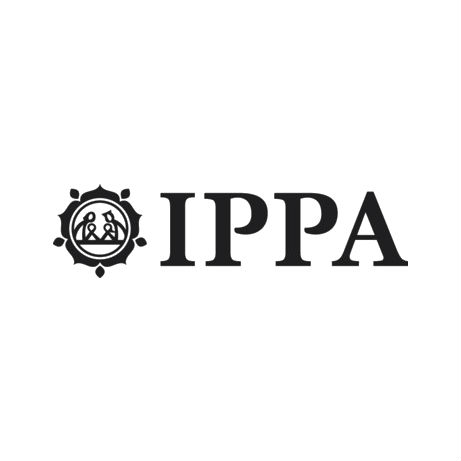
| 31 March 2016
Associação Guineense para o Bem Estar Familiar
Guinea-Bissau is one tenth the size of its neighbour Guinea-Conakry, but its people suffer equally distressing sexual and reproductive health (SRH) problems. The Associação Guineense para o Bem Estar Familiar was established in 1993 to address the major issue in family planning: equipping couples to make active, informed choices about the number of children they would have, and when they would have them. Since then, the Member Association’s work has expanded to embrace a full range of SRH concerns. It provides young people with information, education and communication (IEC) and behaviour change communication (BCC) around sexual and reproductive health; it works on the prevention, diagnosis and management of sexually transmitted infections (STIs) includind HIV; it provides post-abortion care and support; it provides care for victims of gender-based violence (GBV); and it advocates strongly at government level for legislation to prevent GBV. Associação Guineense para o Bem Estar Familiar achieved these results through a small but committed team that operate over hundred service points, including static clinics and community-based service points. Despite the relatively small size of the organization, it is growing rapidly with strong central support from IPPF, influential government partnerships, and backing from non-governmental organizations including UNFPA.

| 31 March 2016
Indonesian Planned Parenthood Association
The Indonesian Planned Parenthood Association (IPPA) initiated Indonesia’s family planning movement in 1957 by setting up facilities to provide advice and services. It did so in the face of strong opposition from the government and religious leaders, but in the intervening years it has prospered and grown, and now delivers an extensive range of sexual and reproductive health (SRH) services. IPPA operates a network of 96 service outlets including 45 permanent clinics, 25 mobile facilities, 50 associated centres/organizations and 56 community-based distributors/community-based services (CBDs/CBSs). The organization’s firm belief is that personal welfare and good health, and national prosperity are dependent to a large degree on access to SRH information and services. IPPA is particularly attuned to the needs of vulnerable and marginalized groups, and runs specific projects for street children, men who have sex with men, transgender men and female sex workers. Contacts Website: www.pkbi.or.id Twitter: https://twitter.com/suarapkbi







